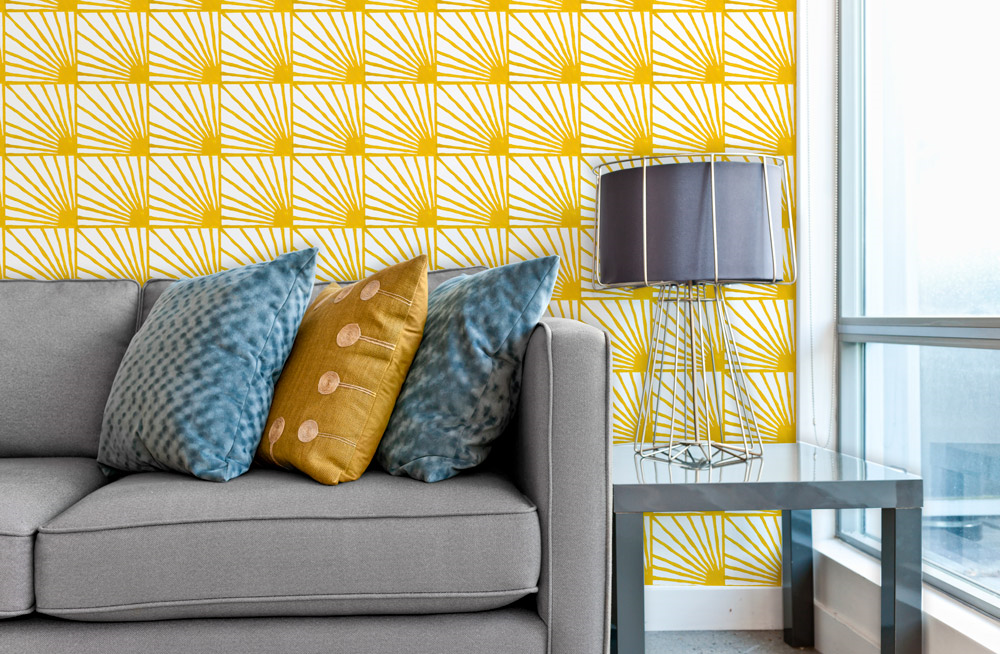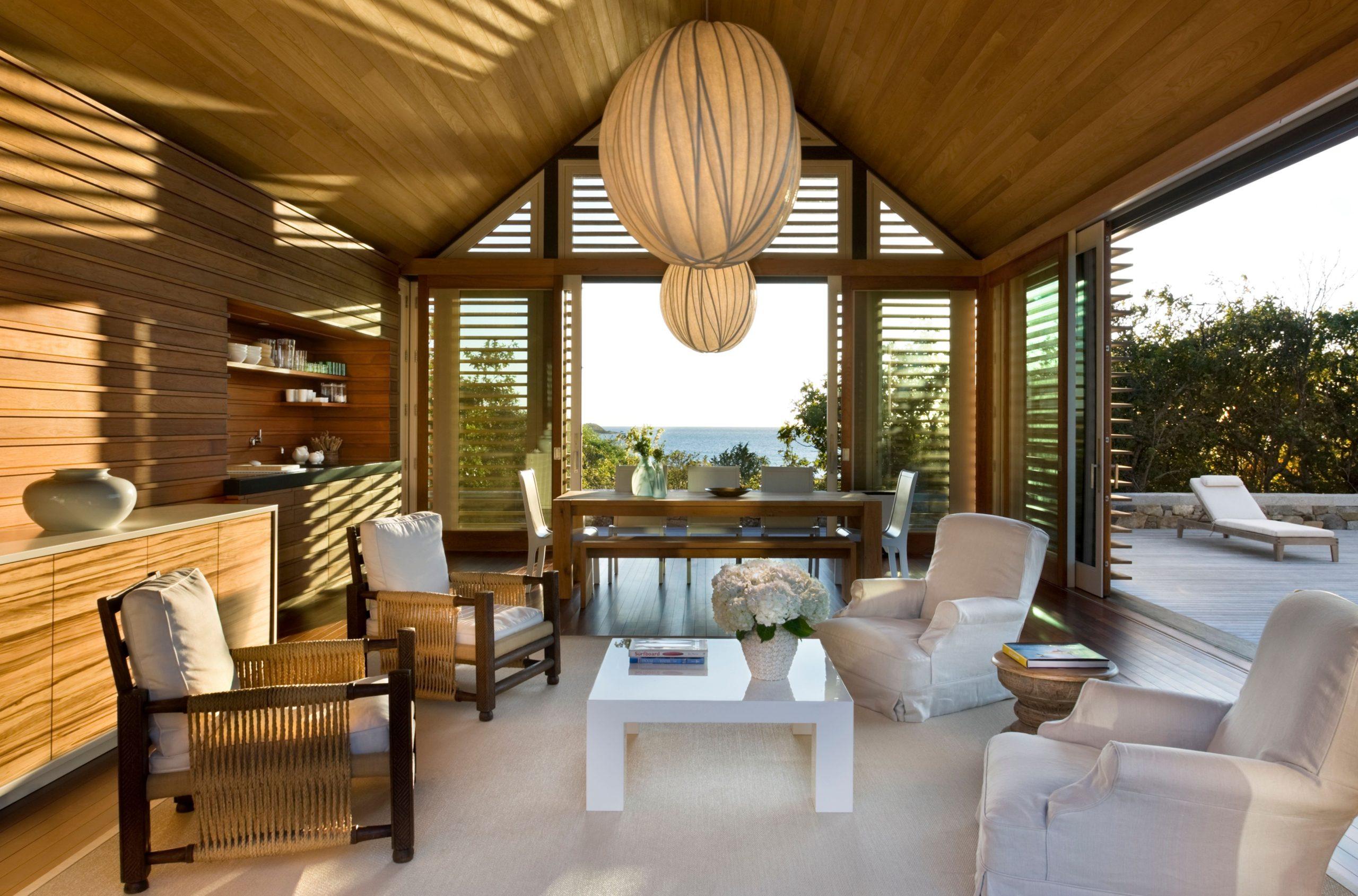Thanks to students at the Colorado Building Workshop, Outward Bound guides will no longer sleep in their own trucks and campers.
Instead, they’ll bunk in a cluster of 21 micro cabins created by the design/build program at the University of Colorado Denver.
“I was approached by the Colorado Outward Bound executive director two years ago,” says Rick Sommerfeld, assistant professor and director of the workshop. “He envisioned a small village of cabins that they could occupy on their own.”
Today, they’re sited on a steep slope, deep in a lodgepole pine forest. The cabins vary in size, between 140 and 200 square feet, and they sleep between two and four people. “Some are more private with their own door and double bed, and almost private rooms,” he says. “Others are used by more junior staff, so they’re more dormitory-like and bunk style.”
But they all share a simplicity of design and materials – and a response to the site and its natural light. Their frames are built of durable, hot rolled steel with a verticality that blends in with the surrounding trees. The roof is a concrete slab capable of withstanding heavy snow loads, and there’s plenty of glass for natural light. Interior paneling is birch plywood.
“We looked at the landscape and what was needed and were inspired by the site,” he says. “There were the trees, the slope, the water runoff – and how they would relate to the cabin next to them.”
It was important to create communities of two or three cabins, but leave room for individuality too. “When the guides come off the course we wanted them to be little more introverted, but to be able to go out onto porches to create a smaller community where they could play guitar or build a fire,” he says. “We want them to be social and have fun but be able to shut the door and have privacy for one-on-one conversation.”
The village is busily distinguishing itself. At an altitude of 10,000 feet, it’s the highest city in the U.S. In 2015, the cabins won an AIA Colorado Honor Award. And more recently, they were named the 2016 Architizer A Plus award in the category for Extra Small Housing.
That means they’re the product of some extra big thinking.
[slideshow id=1604]


